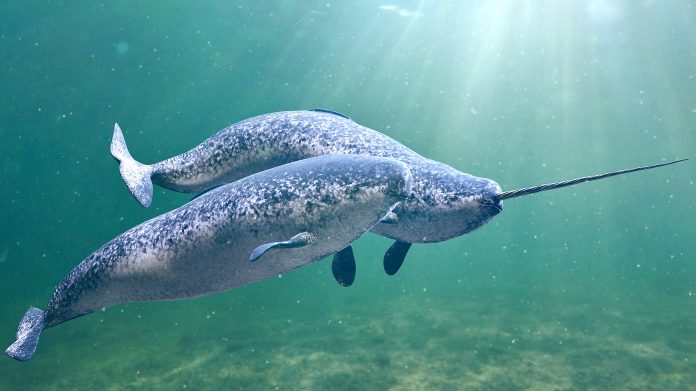
Victory! Narwhals, Orcas, Sperm Whales, Hippos, And Walruses Will Now Be Protected Under The Ivory Act In The UK
You can help all animals and our planet by choosing compassion on your plate and in your glass. #GoVeg
RELATED ARTICLES
Banning Cruelty: New Legislation Aims To Ban Octopus Farming In The U.S.
New bipartisan legislation has just been introduced in the U.S. to ban commercial octopus farming and prohibit imports of farmed octopus from foreign countries.
The...
Outrage In Yellowstone! Grizzly Bear Killed By Wildlife Officials & Left With Head & Paws Cut Off
Photo by: Trisha McFarland / Cowboy State Daily
A photo of a dead grizzly bear with its head and paws cut off has caused an...
Inside Florida’s Illegal Horse Meat Trade: Undercover Footage Shows Racehorse Being Shot & Butchered
A heart-wrenching discovery of illegal horse slaughter has emerged, with video footage exposing the tragic killing of a racehorse named 'Funny Biz,' who was...
Popular stories
News
Moby Urges World Leaders At COP26 To Negotiate A Plant Based Treaty
In a new video, recording artist and vegan activist Moby called for a global agreement to shift to a plant-based food system at COP26 Glasgow. The informative...
News
Breaking! Idaho Governor Brad Little Signs Abhorrent Bill Into Law, Allowing For The Slaughter Of 90% Of The State’s Gray Wolf Population
Governor Brad Little of Idaho shockingly just signed SB 1211 into law yesterday. A tragic step backwards in the recovery of gray wolves in Idaho.
As previously...
Industry News
Victory! Standing Rock Sioux Tribe Prevails After A Four Year Battle To Stop The Dakota Access Pipeline
Yesterday, a federal court granted a request by the Standing Rock Sioux Tribe to strike down federal permits for the controversial Dakota Access Pipeline (DAPL).
The...


